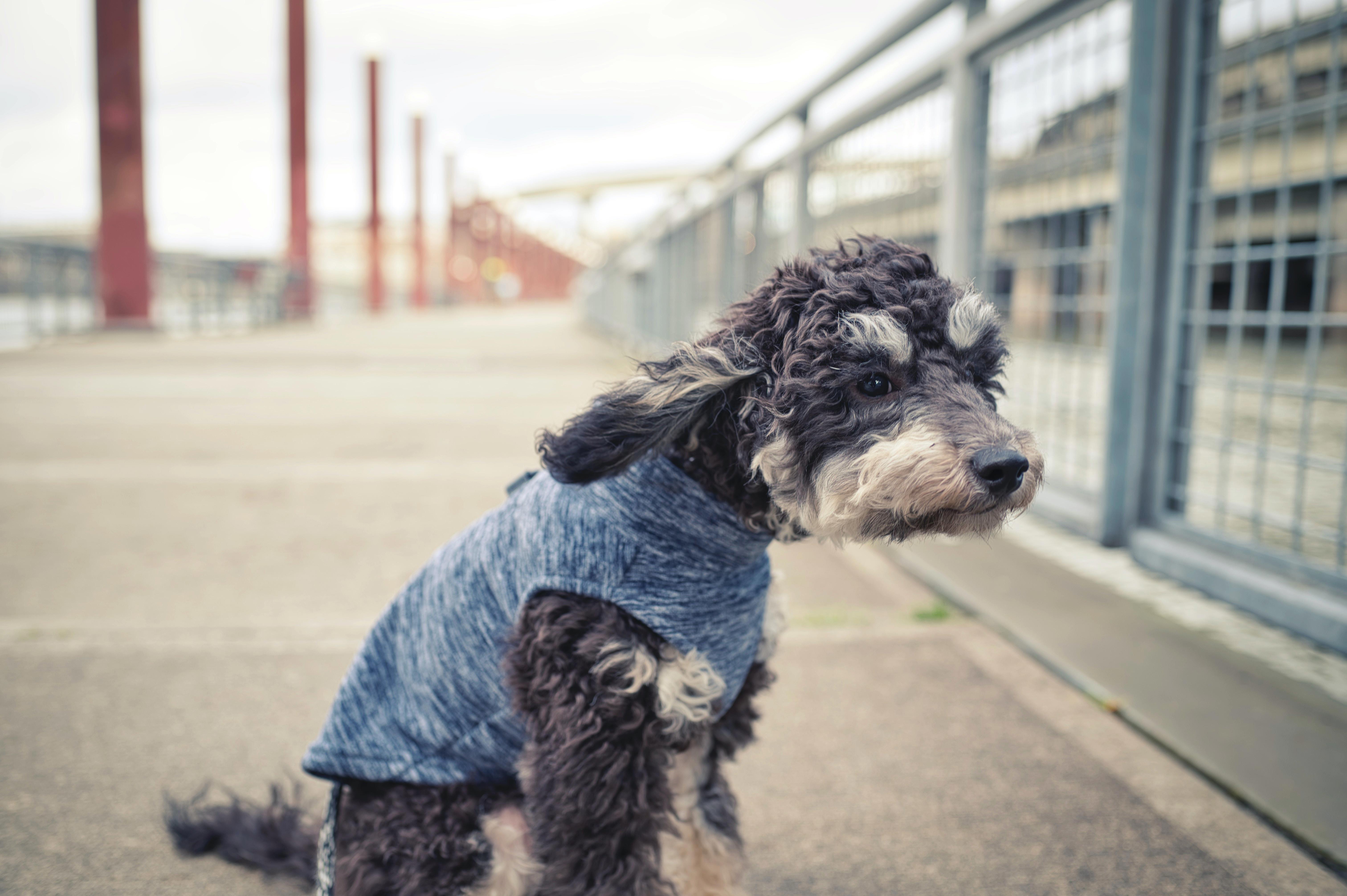Owning a Bernese Mountain Dog can be a delightful and rewarding experience, but it also comes with its own set of challenges. One of the most common problems that Bernese Mountain Dog owners face is bloat, which can be a life-threatening condition if left untreated. Bloat, also known as gastric dilation-volvulus (GDV), occurs when a dog’s stomach fills up with gas, fluid, or food and twists on itself, trapping the contents inside. In this blog post, we’ll discuss five easy tips that you can implement to prevent bloat in your Bernese Mountain Dog and keep them happy and healthy for years to come.
As a Bernese Mountain Dog owner, you know that your to-ensure-a-happy-and-well-adjusted-companion/”>furry friend is prone to certain health issues such as hip dysplasia, cancer and bloat. Bloat, also known as gastric torsion, is a serious and potentially fatal condition that affects many large breeds, including Bernese Mountain Dogs. In this post, we’ll go over the top 5 easy tips to prevent bloat in your Bernese Mountain Dog.
What is Bloat?
Bloat is a condition that occurs when the stomach fills with gas and twists on itself, preventing the dog from being able to expel the gas or vomit. This can cause the blood supply to the stomach to be cut off, leading to tissue death and shock. Bloat can happen quickly and can be very painful for your dog. If you suspect your dog is experiencing bloat, it is important to seek veterinary care immediately.
- Feed Your Bernese Mountain Dog Smaller Meals
One of the easiest ways to prevent bloat in your Bernese Mountain Dog is to break up their meals into smaller, more frequent feedings. Instead of feeding your dog one or two large meals per day, try feeding them three or four smaller meals. This will help to prevent the stomach from becoming too full and will reduce the risk of bloat.
- Slow Down Eating with a Slow Feeder Bowl
Another way to prevent bloat is to slow down your Bernese Mountain Dog’s eating. Some dogs eat too quickly, which can cause them to swallow large amounts of air. A slow feeder bowl is a great tool to help prevent this. These bowls are designed with raised ridges and obstacles that make it harder for your dog to eat quickly. This will not only help to prevent bloat, but it can also improve digestion and reduce the risk of vomiting.
 - Copy - Copy.png)
- Avoid Exercise Before and After Meals
Exercising your Bernese Mountain Dog before or after meals can increase the risk of bloat. Vigorous exercise can cause the stomach to twist, especially if it is full. It is best to wait at least one hour before or after feeding your dog before engaging in any strenuous activity.
- Avoid Foods That Can Cause Bloat
Certain foods can increase the risk of bloat in your Bernese Mountain Dog. These foods include those that are high in fat, salt, and other additives. Additionally, feeding your dog too much fiber-rich food can also increase the risk of bloat. It is important to read food labels and choose high-quality, balanced dog food that is appropriate for your dog’s age and activity level.
- Don’t Let Your Bernese Mountain Dog Drink Too Much Water at Once
Finally, it is important to monitor your Bernese Mountain Dog’s water intake. Drinking large amounts of water at once can increase the risk of bloat. To prevent this, offer your dog smaller amounts of water throughout the day. You can also consider using a water bowl with a smaller opening to slow down drinking.
Conclusion
By following these simple tips, you can help to prevent bloat in your Bernese Mountain Dog. Feeding smaller meals, using a slow feeder bowl, avoiding exercise before and after meals, choosing appropriate foods, and monitoring water intake can all help to reduce the risk of this serious condition. Remember, if you suspect that your dog is experiencing bloat, seek veterinary care right away.
In conclusion, preventing bloat in your Bernese Mountain Dog is crucial to ensure their health and well-being. By following these simple tips, such as feeding smaller, more frequent meals, avoiding exercise before and after meals, and monitoring their water intake, you can significantly reduce their risk of developing this life-threatening condition. Remember to always keep an eye out for any signs of bloat and seek veterinary assistance immediately if you suspect your dog may be affected. By taking proactive measures, you can help keep your furry friend happy, healthy, and by your side for years to come.
Please follow us on Social Media


%20-%20Copy%20-%20Copy.png)
%20-%20Copy.png)
%20-%20Copy.png)

.jpg)

.jpg)